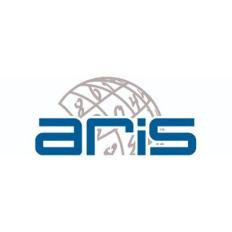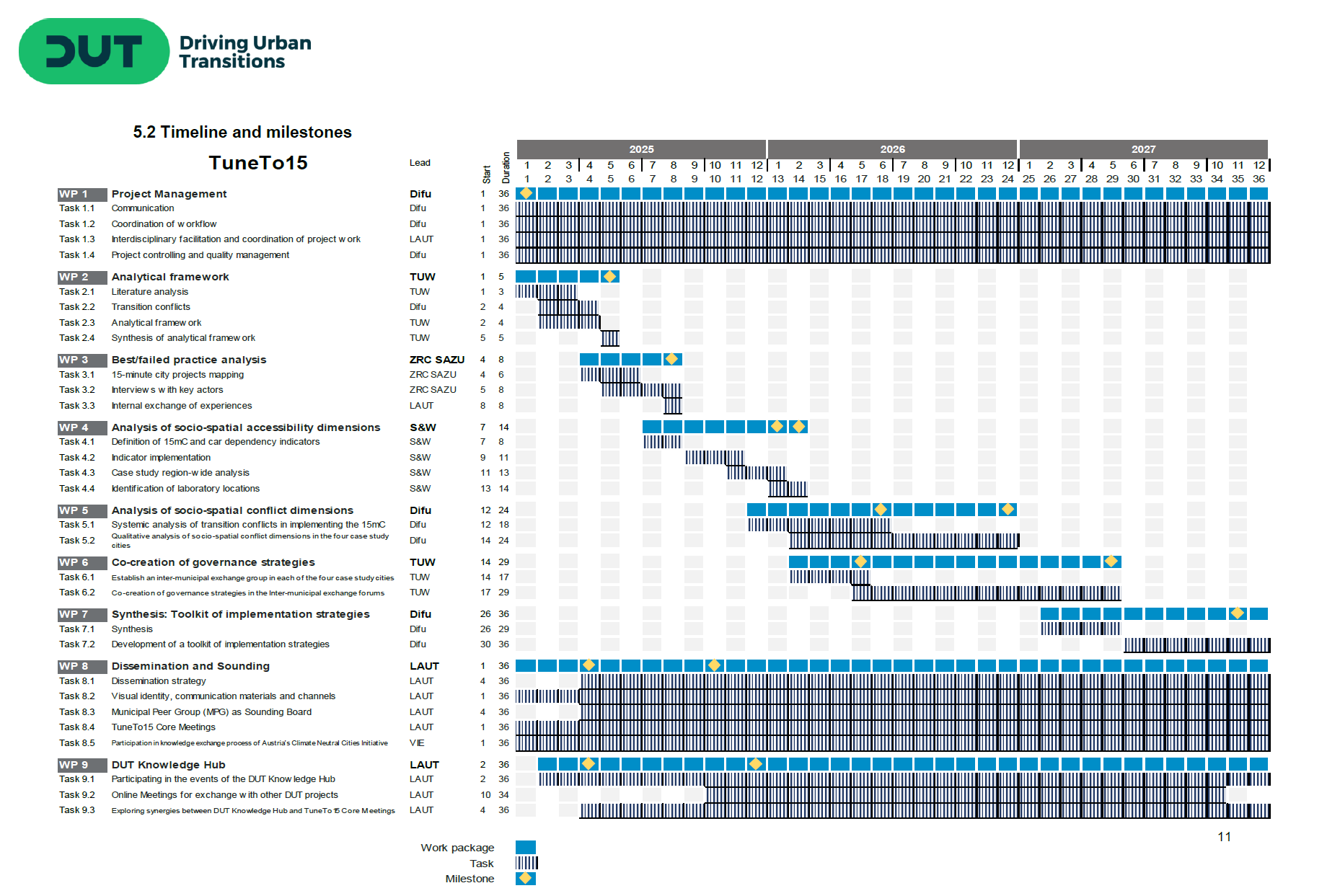TuneTo15 - Adapting the 15-minute city concept to functional urban areas in the context of socio-spatial disparities and transition conflicts
Principal Investigator at ZRC SAZU
Jernej Tiran, PhD-
Original Title
Adapting the 15-minute city concept to functional urban areas in the context of socio-spatial disparities and transition conflicts
-
Acronym
TuneTo15
Project Team
Jernej Tiran, PhD, Janez Nared, PhD, David Bole, PhD, Maruša Goluža, PhD, Anja Trobec, BA-
ARIS Project ID
H6-8296
-
Duration
1 January 2025–31 December 2027 -
Lead Partner
-
Project Leader
-
Financial Source
Slovenian Research And Innovation Agency, European Commission

Partners
LAUT – Landscape architecture and urban transformation, Technische Universität Wien, Stadt Wien, Stadtentwicklung und Stadtplanung, S&W Stadt- und Regionalforschung GbR, Region Hannover, Stadt Hannover, Stadt Berlin, Verein Verkehrswende Wien, Àrea Metropolitana de Barcelona, Salzburger Institut für Raumordnung und Wohnen (SIR)
In recent years, many cities have embraced the 15-minute city concept (15mC) by implementing strategies to foster both urban density and diversity, reducing car traffic through car-reduced neighborhoods and re-designing urban street spaces. However, many cities adopting the approach experience public and political backlash. One reason is that the concept is seen as disproportionately benefitting urban residents while ignoring the needs of those living in the periphery. To overcome these transition conflicts, cities need to find solutions to expand the 15mC concept beyond the urban core while making it more socially inclusive. To address this knowledge gap, TuneTo15 combines quantitative accessibility analysis with qualitative analysis of social conflict dimensions in four international case studies.
The goals of TuneTo15 are:
1. To determine the applicability of the 15mC concept for urban versus suburban areas in cities of various sizes.
2. To understand social conflicts involved in implementing 15mC policies and develop coping strategies to tackle transition conflicts.
3. To empower European cities to implement comprehensive 15mC strategies for the entire functional urban region.
Important elements are the “Municipal Peer Group” and the “DUT Knowledge Hub Meetings”, which foster peer-learning and build transformational capacity in city administrations and other stakeholders of urban transition processes.
